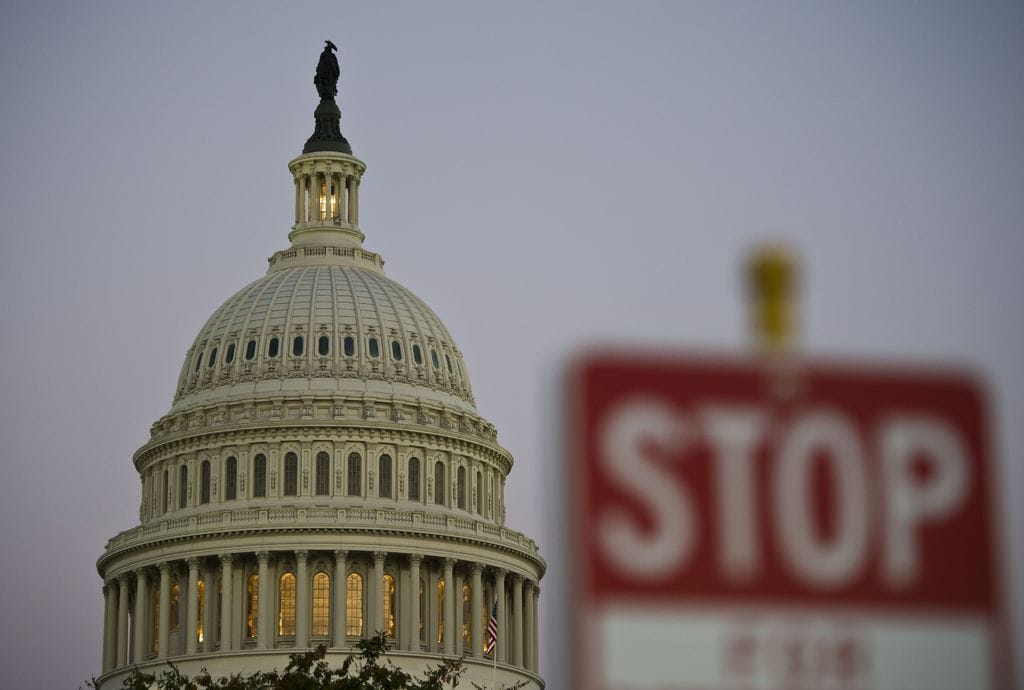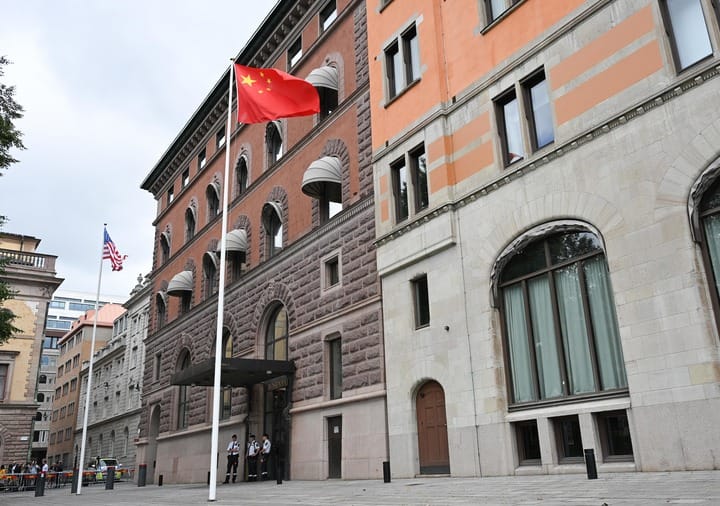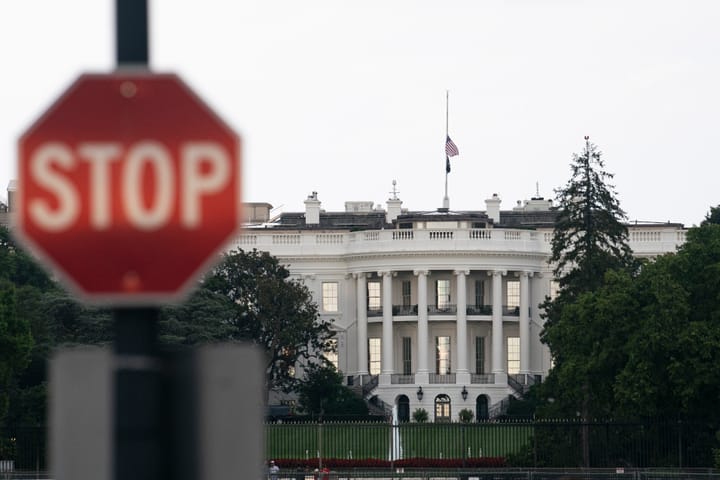Trump Announces the ‘World Police’ is Retiring: Time for Grand Strategy Theorists to Hit the Snooze Button

Source: WeChat Official Account "LaoShu Jizhe"
If Graham Greene were listening from the grave to President Trump’s speech in Riyadh, Saudi Arabia, days ago, he’d probably wake up laughing. In his 1955 novel The Quiet American, the British author created an unforgettable character: Alden Pyle, a Harvard-educated, fresh-faced idealist posing as a U.S. economic attaché in Saigon—but secretly a CIA operative.
Pyle fanatically believed in York Harding’s “Third Force” theory, which advocated partnering with opposition groups in non-liberal democracies to overthrow “dictators” via assassination and rebellion. Fueled by the passion to liberate Vietnam from dictatorship and transform it into a free and democratic nation, Pyle orchestrated a series of assassinations in Saigon. In the end, however, his idealism yielded nothing but the loss of innocent Vietnamese lives—and ultimately his own.

Greene’s satire of Pyle was gentle but piercing: a clueless idealist, ignorant of Vietnam’s reality, doomed to crash into harsh truths. Pyle, of course, was a metaphor for America itself. No wonder Greene was once banned from the U.S.—even as The Quiet American became an important reference book in American political science courses.


